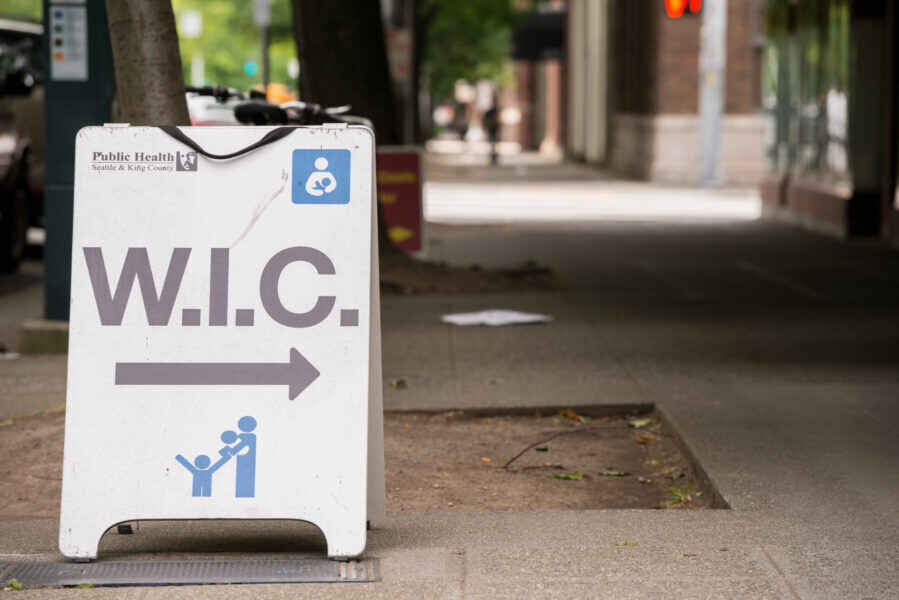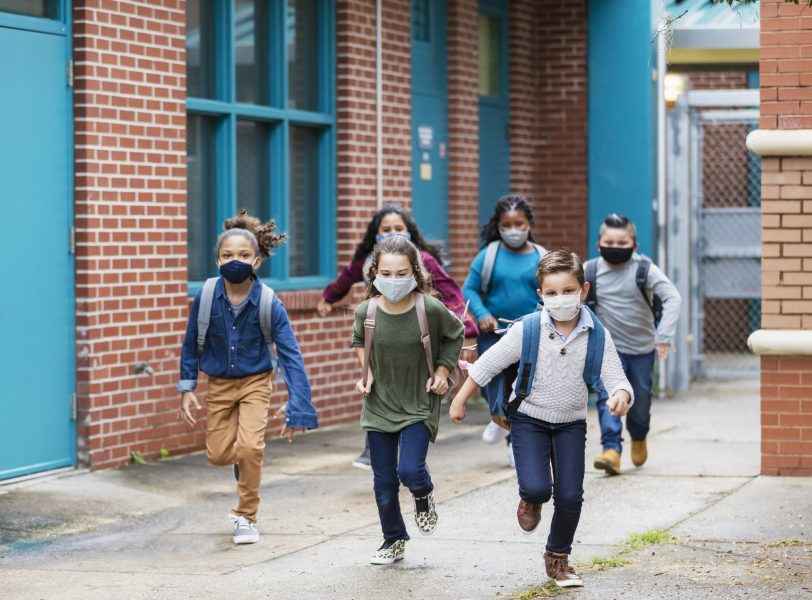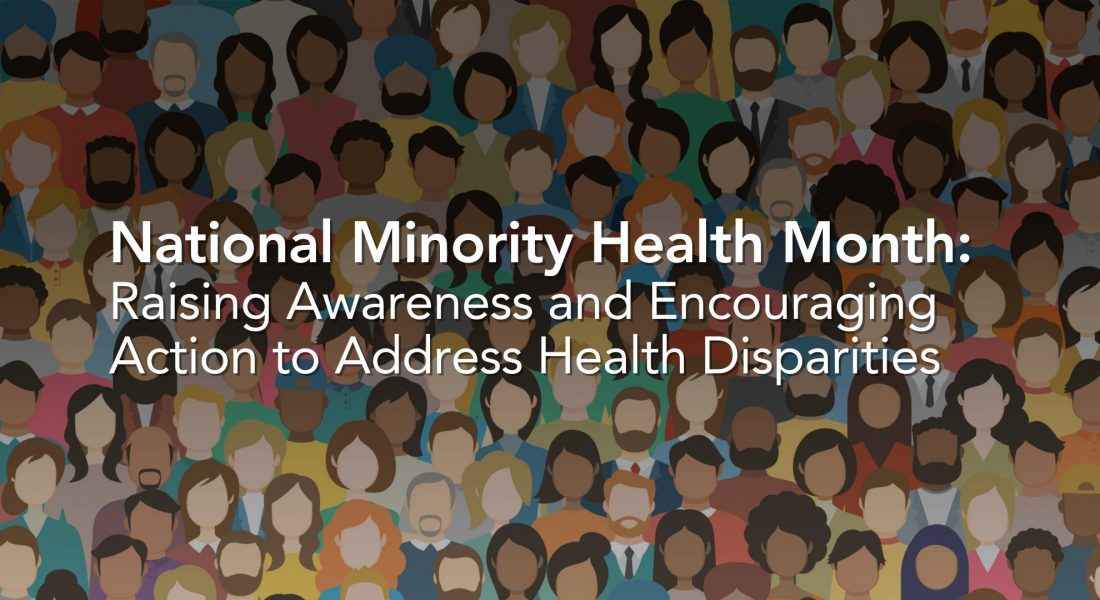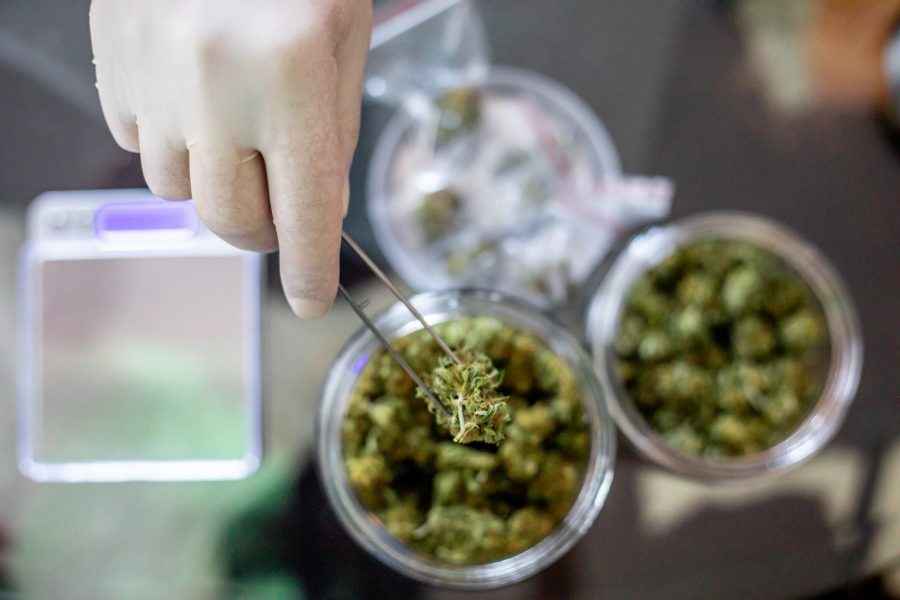
WIC: Lessons Learned from COVID-19
Issue BriefMaternal and Child HealthFood Safety and SecurityCOVID-19 and Health EquityMechanisms for Advancing Health EquityThe Special Supplemental Nutrition Program for Women, Infants, and Children (commonly known as the WIC program) is the third largest food and nutrition assistance program in the U.S. In 2020 alone, WIC served approximately 6.2 million participants a month, including almost half of all infants born in the country. The COVID-19 pandemic forced the program to expand benefits and alter its administration in ways that have greatly improved participants' lives. This issue brief evaluates the COVID-19 changes to the WIC program and assesses the current issues with the Program highlighted by the COVID-19 pandemic. It also provides policy recommendations to ensure greater participation and adequate benefits for participants.











